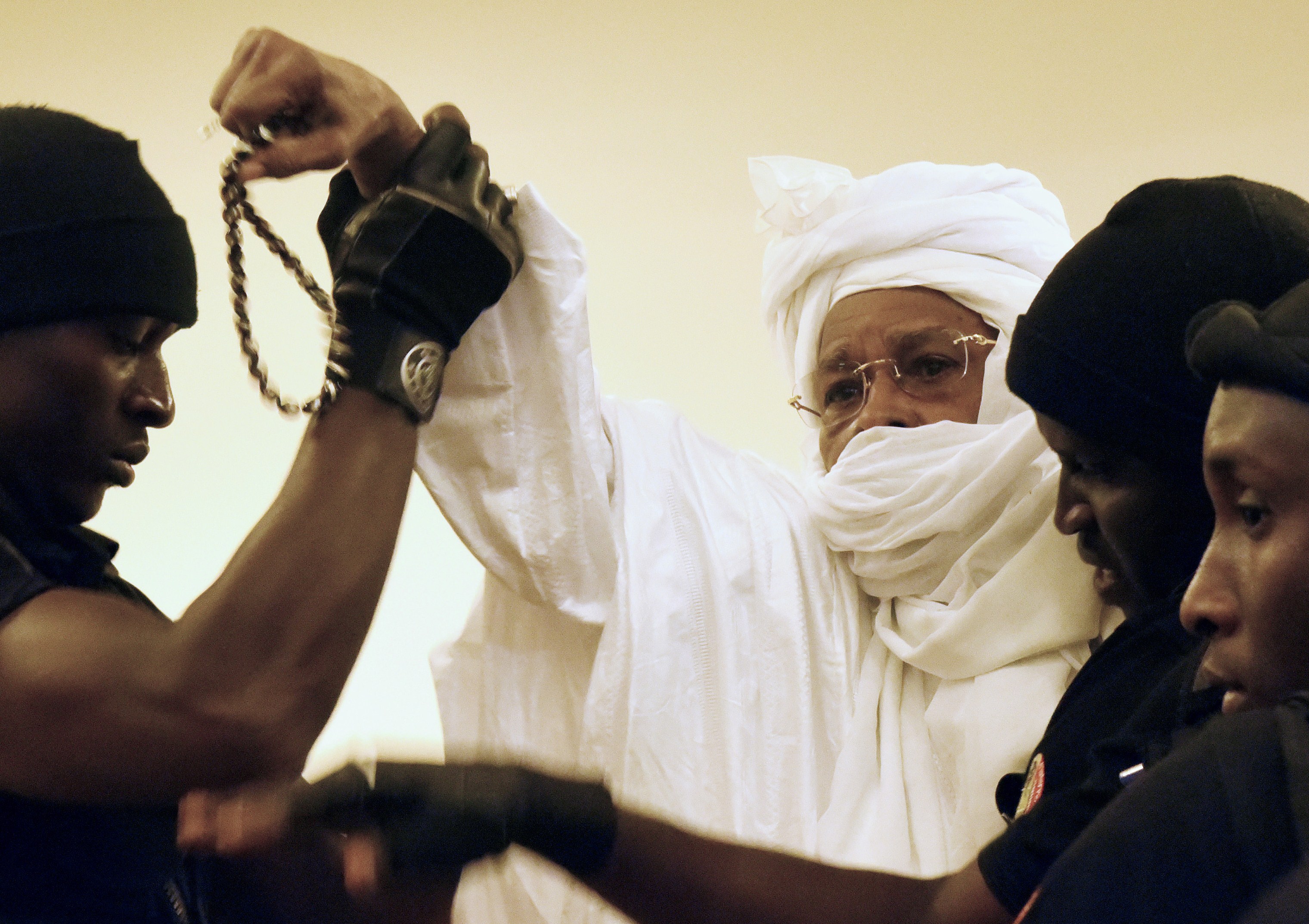For more than 10 years, victims of former Chadian president Hissène Habré have been waiting for justice. Since he was chased from power in 1990, Habré has been living in Senegal, where, despite being charged by the Dakar regional court in 2000 for crimes against humanity, acts of torture and acts of barbarism, he continues to enjoy impunity for his crimes.
Habré’s role in the violation of human rights in Chad has been well documented. In 1992, a Truth Commission Report concluded that 40,000 political murders and 200,000 cases of torture occurred in Chad while Habré was president. And in 2005, Habré was indicted by a Belgian court for war crimes, crimes against humanity and torture.
While Senegal has taken some very positive steps towards ensuring Habré will face trial, such as arresting him in 2005 and subsequently reforming its laws to remove any legal obstacles to his trial, the fact that his trial still hasn’t begun is unacceptable. Every month, new victims, or relatives of victims, die without having seen Habré brought to trial. But Senegal’s president Abdoulaye Wade keeps making excuses, claiming a lack of funds to start the trial and demanding that the international community finance the trial before it can start. SEE THE REST OF THIS POST
